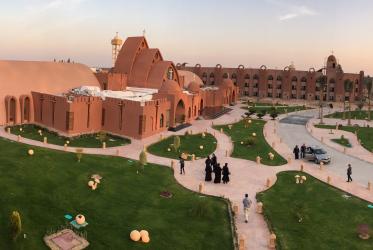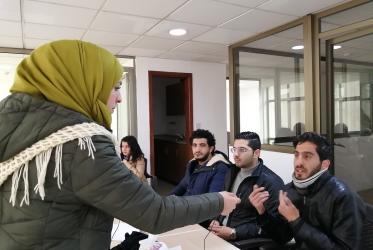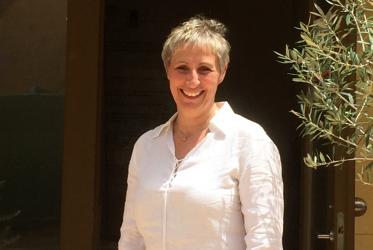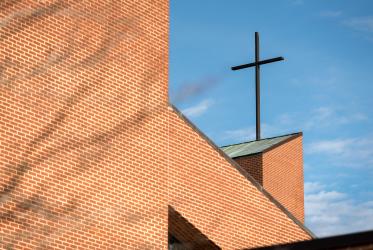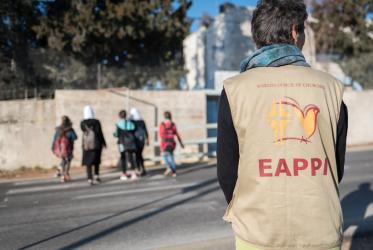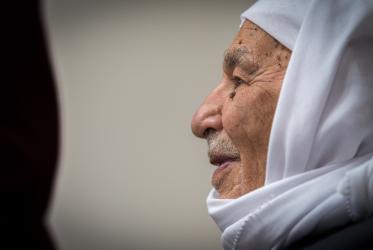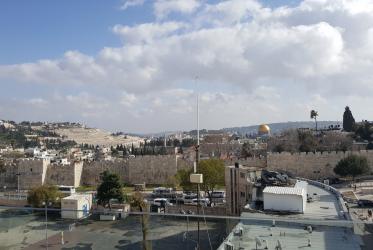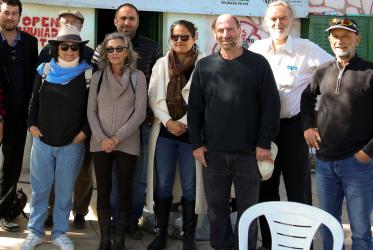Displaying 1 - 20 of 134
Promoting human dignity through art
06 September 2022
Are migrants seen and heard? Conference presses the question
19 October 2020
Dr Saïd Ailabouni: God is on the side of rejected, oppressed, occupied
12 September 2019
A faith-based, holistic approach to HIV and AIDS-care
13 March 2019
Rabbis walk through Hebron in solidarity
07 February 2019

